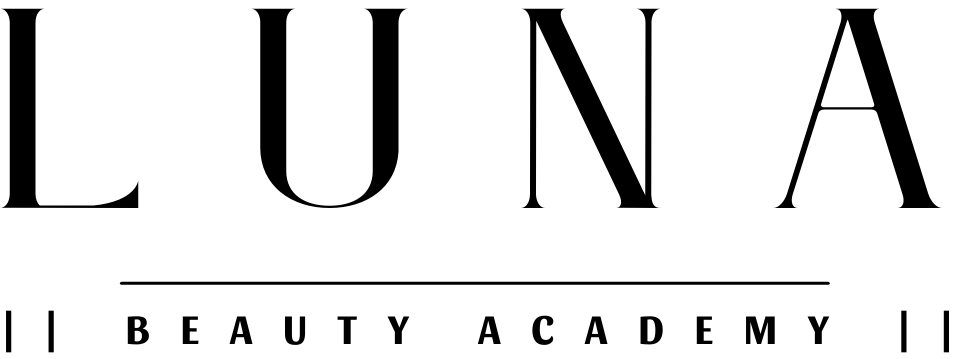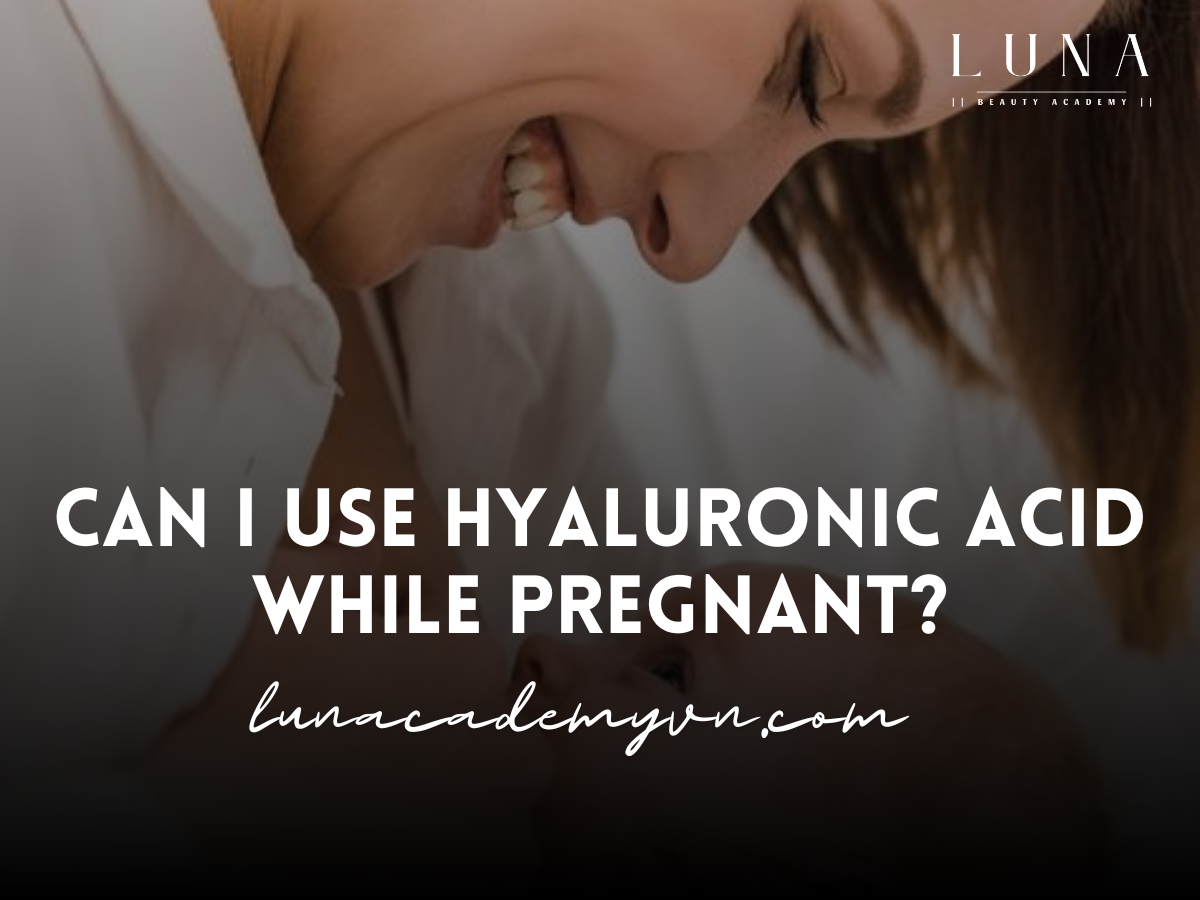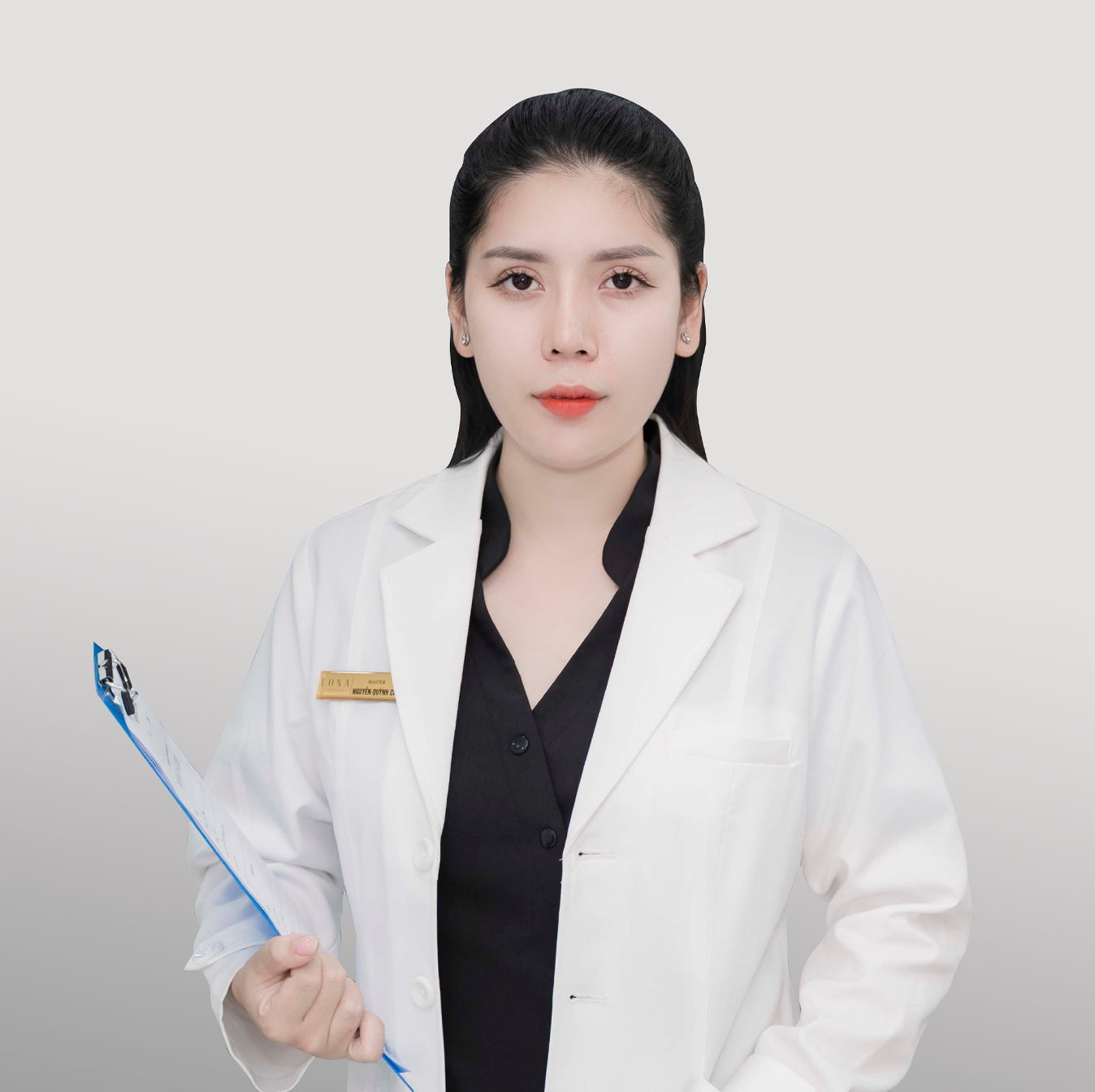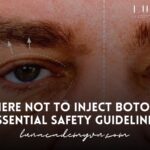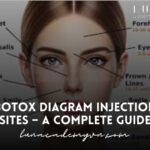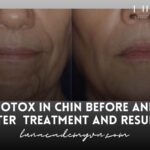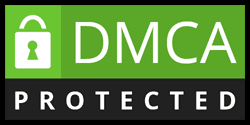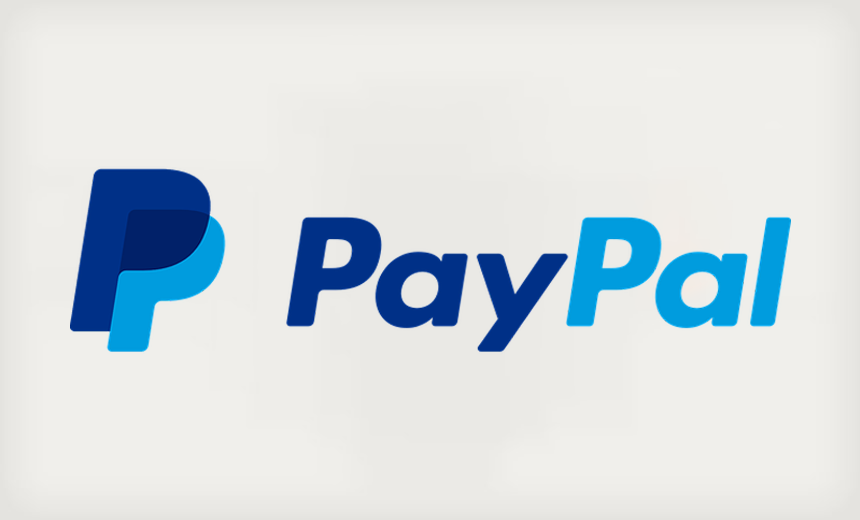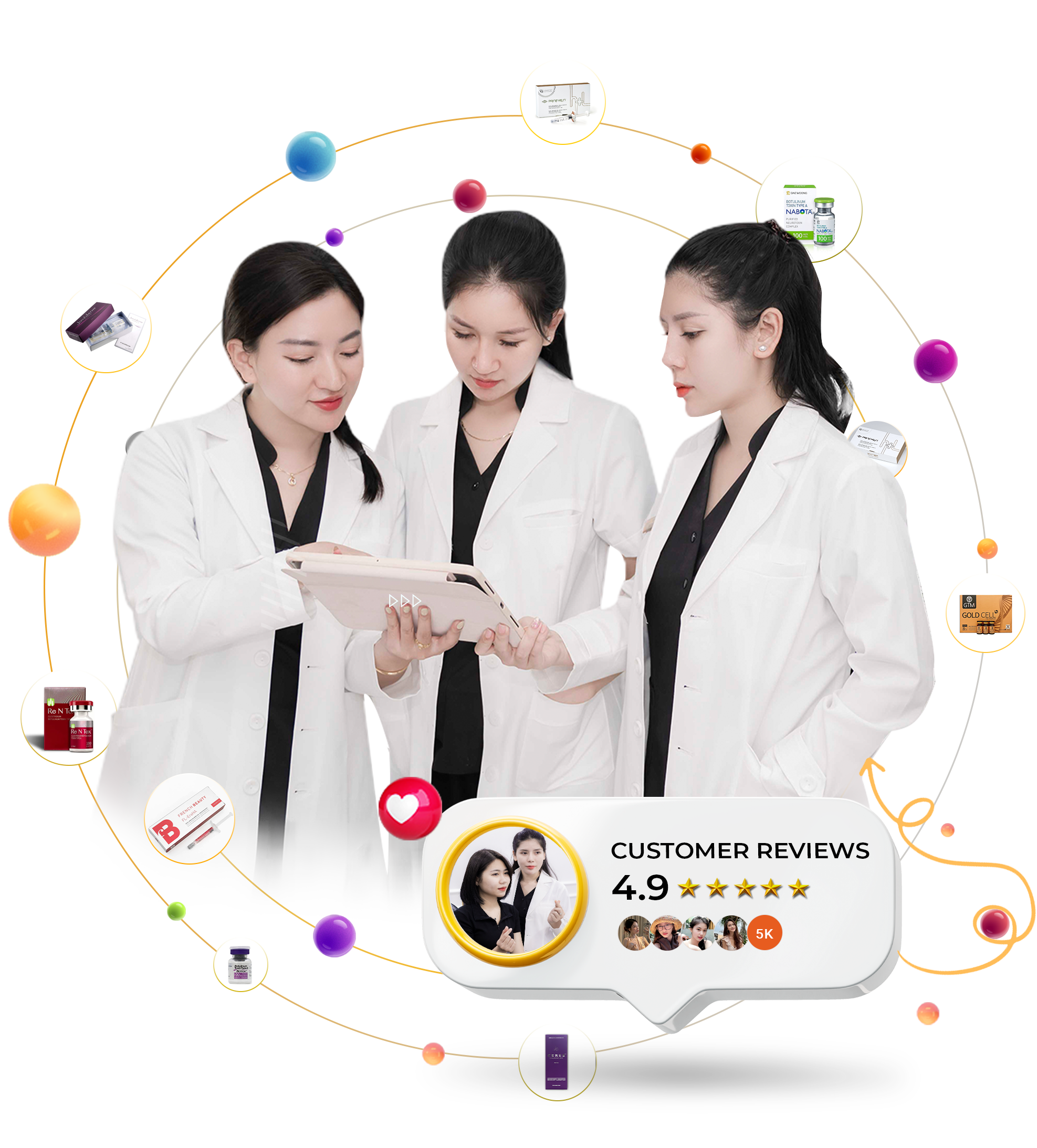Can you use hyaluronic acid while breastfeeding ? When it comes to skincare during breastfeeding, many new mothers are cautious about the ingredients they apply to their skin. After all, what you use on your body could potentially affect your baby. One common question is whether you can safely use hyaluronic acid while breastfeeding. The good news is that hyaluronic acid is generally considered safe, both during pregnancy and breastfeeding, due to its unique properties and how it functions in skincare products.
Hyaluronic acid (HA) is a naturally occurring substance in the body, known for its exceptional ability to retain moisture. It’s a popular ingredient in many skincare products, especially those aimed at hydration and anti-aging. But just because something is natural and common in the body doesn’t always mean it’s safe during sensitive times like pregnancy and breastfeeding. So, let’s dive deeper into the use of hyaluronic acid while breastfeeding and answer some of your most pressing skincare questions during this period.
Table of Contents
ToggleCan I Use Hyaluronic Acid While Pregnant?

Hyaluronic acid is generally considered a safe ingredient during pregnancy, as well as breastfeeding. This is because hyaluronic acid works mainly on the surface of the skin, acting as a humectant to draw moisture into the skin without penetrating deeper layers or entering the bloodstream. It doesn’t interfere with your hormones or affect your body’s internal processes, making it a great option for keeping your skin hydrated and plump during pregnancy.
Pregnancy can bring about various skin changes, including dryness, increased sensitivity, and breakouts. The body undergoes hormonal shifts that affect skin moisture levels, elasticity, and oil production. Hyaluronic acid can be helpful in combating these issues by restoring moisture to the skin, helping to soothe dry patches and giving your skin a more youthful appearance. Many expectant mothers find that their skin becomes more delicate and reactive, so a gentle hydrating ingredient like hyaluronic acid is often well-tolerated.
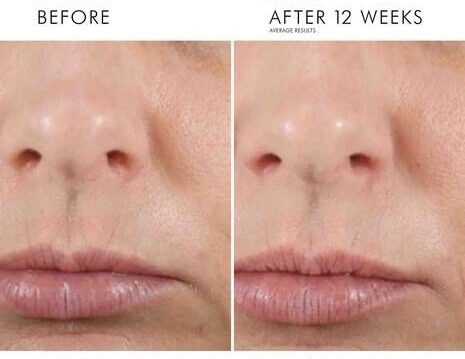
While using hyaluronic acid during pregnancy is deemed safe, it’s still a good idea to consult your healthcare provider before introducing new skincare products. Every pregnancy is unique, and your doctor can offer personalized advice based on your skin type, needs, and health status. But overall, if you’re looking for an effective way to maintain skin hydration and plumpness during pregnancy, hyaluronic acid is a fantastic option.
Can I Use Niacinamide While Breastfeeding?
Niacinamide, also known as vitamin B3, is another ingredient commonly found in skincare products. It’s praised for its anti-inflammatory properties, ability to strengthen the skin’s barrier, and improve uneven skin tone. Many mothers may wonder if niacinamide is safe to use during breastfeeding, and the answer is yes. Niacinamide is considered safe for topical use while breastfeeding, similar to hyaluronic acid, as it does not penetrate deeply into the skin or enter the bloodstream in significant amounts.

Niacinamide offers a range of benefits for breastfeeding mothers who may be experiencing skin changes. It can help to reduce redness, soothe inflammation, and improve the skin’s overall texture. Niacinamide is also known to minimize pores and control excess sebum production, which can be helpful if you’re experiencing hormonal breakouts postpartum.
One of the reasons niacinamide is a great addition to a breastfeeding-safe skincare routine is that it is generally well-tolerated by most skin types, even those with sensitive skin. It works well in combination with other ingredients like hyaluronic acid, creating a comprehensive skincare regimen focused on hydration, brightening, and protection without posing any risk to your baby.
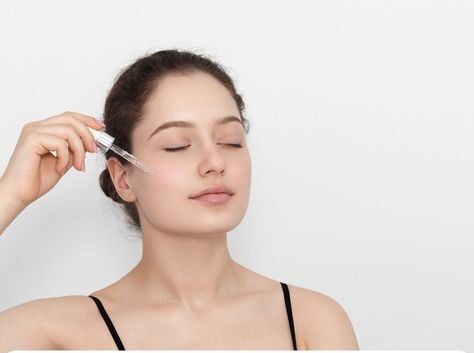
When choosing products that contain niacinamide, opt for formulations that are free of harsh chemicals like fragrances, parabens, and phthalates. This ensures that your skincare routine is gentle and free of irritants, which is especially important when breastfeeding. As always, if you have any concerns, it’s best to consult with a dermatologist or healthcare provider to ensure that the products you’re using are safe for both you and your baby.
Skincare Ingredients to Avoid While Breastfeeding
While hyaluronic acid and niacinamide are considered safe during breastfeeding, there are several skincare ingredients that you should avoid during this period. Some active ingredients can be absorbed into the bloodstream and potentially affect breast milk, so it’s important to be cautious. Below are some ingredients that should be avoided while breastfeeding:
1. Retinoids (Retinol, Retin-A, Tretinoin)
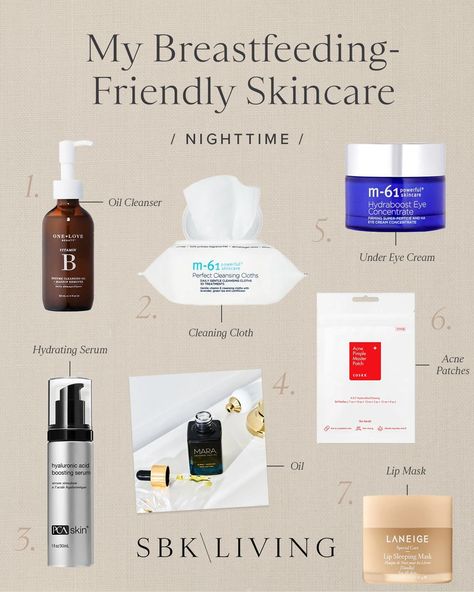
Retinoids, which are derivatives of vitamin A, are commonly found in anti-aging and acne treatments due to their ability to boost cell turnover and improve skin texture. However, retinoids are not recommended during breastfeeding. Topical retinoids, such as tretinoin, can be absorbed into the skin and may pass into breast milk in small amounts, posing a risk to the baby.
If you are looking for anti-aging alternatives while breastfeeding, consider using gentler options like bakuchiol, a plant-based alternative to retinol that mimics its effects without the risks associated with vitamin A derivatives.
2. Salicylic Acid (High Concentrations)

Salicylic acid is a popular beta hydroxy acid (BHA) used to treat acne, but it’s important to avoid products with high concentrations of this ingredient while breastfeeding. Although small amounts of salicylic acid (under 2%) are generally considered safe, higher concentrations may pose risks. Instead, look for milder alternatives like glycolic acid or lactic acid, which can help exfoliate the skin without the concerns associated with salicylic acid.
3. Hydroquinone
Hydroquinone is a skin-lightening agent used to treat hyperpigmentation and melasma, but it’s not recommended during breastfeeding. Hydroquinone is absorbed into the skin in relatively high amounts compared to other ingredients, and there’s limited research on how it might affect breast milk. It’s best to avoid this ingredient and opt for safer brightening alternatives like vitamin C or niacinamide.
4. Essential Oils
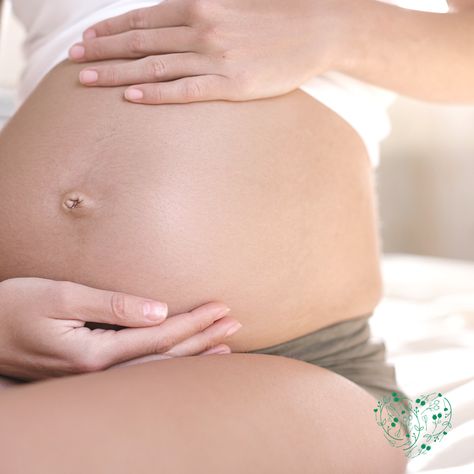
Essential oils like tea tree, rosemary, and eucalyptus are popular in natural skincare, but they should be used with caution while breastfeeding. Some essential oils can be irritating to sensitive skin or have effects on hormonal balance. Additionally, their strong fragrances can affect your baby’s sensitive respiratory system. If you wish to use essential oils, make sure they are properly diluted, and consult your healthcare provider for safe options.
5. Formaldehyde and Formaldehyde-Releasing Preservatives
Some skincare products, particularly nail polishes and certain hair treatments, may contain formaldehyde or formaldehyde-releasing preservatives, which are harmful chemicals that can be toxic to both mother and baby. Exposure to formaldehyde has been linked to cancer and developmental issues, so it’s best to avoid any products containing these chemicals while breastfeeding.
6. Chemical Sunscreens (Oxybenzone, Avobenzone, Octinoxate)

Chemical sunscreens contain active ingredients like oxybenzone, avobenzone, and octinoxate, which absorb UV rays and can potentially disrupt hormones. These ingredients have been found to penetrate the skin and enter the bloodstream, raising concerns about their safety during pregnancy and breastfeeding. Instead, opt for physical (mineral) sunscreens containing zinc oxide or titanium dioxide, which sit on top of the skin and are not absorbed.
Conclusion
When navigating the world of skincare while breastfeeding, it’s important to choose safe, gentle ingredients that won’t harm your baby. Hyaluronic acid and niacinamide are both excellent choices for new mothers looking to maintain healthy, hydrated skin without worrying about safety. However, it’s equally important to be mindful of ingredients like retinoids, high concentrations of salicylic acid, hydroquinone, and certain essential oils, which should be avoided during this time.
As always, consult with your healthcare provider or dermatologist before making any significant changes to your skincare routine while breastfeeding. They can provide personalized guidance and recommend products that are safe for both you and your baby. Taking a cautious approach to skincare will ensure that you can care for your skin while also keeping your baby’s health a top priority.
Contact us via other platforms if you have any questions or requests that need to be answered quickly.
Tiktok: www.tiktok.com/@lunabeautyacademy6
Hotline: 034 254 0228
Email: lunabeautyacademy@gmail.com
Address: No. 29, Alley 140/1/2, Lane 140 Nguyen Xien, Thanh Xuan, Hanoi
Luna wishes you success and hopes you will have the best experiences at the academy. If you need advice or answers about anything, please leave your Contact Information With Us, the Luna team will contact you soon. Thank you for reading this article.
